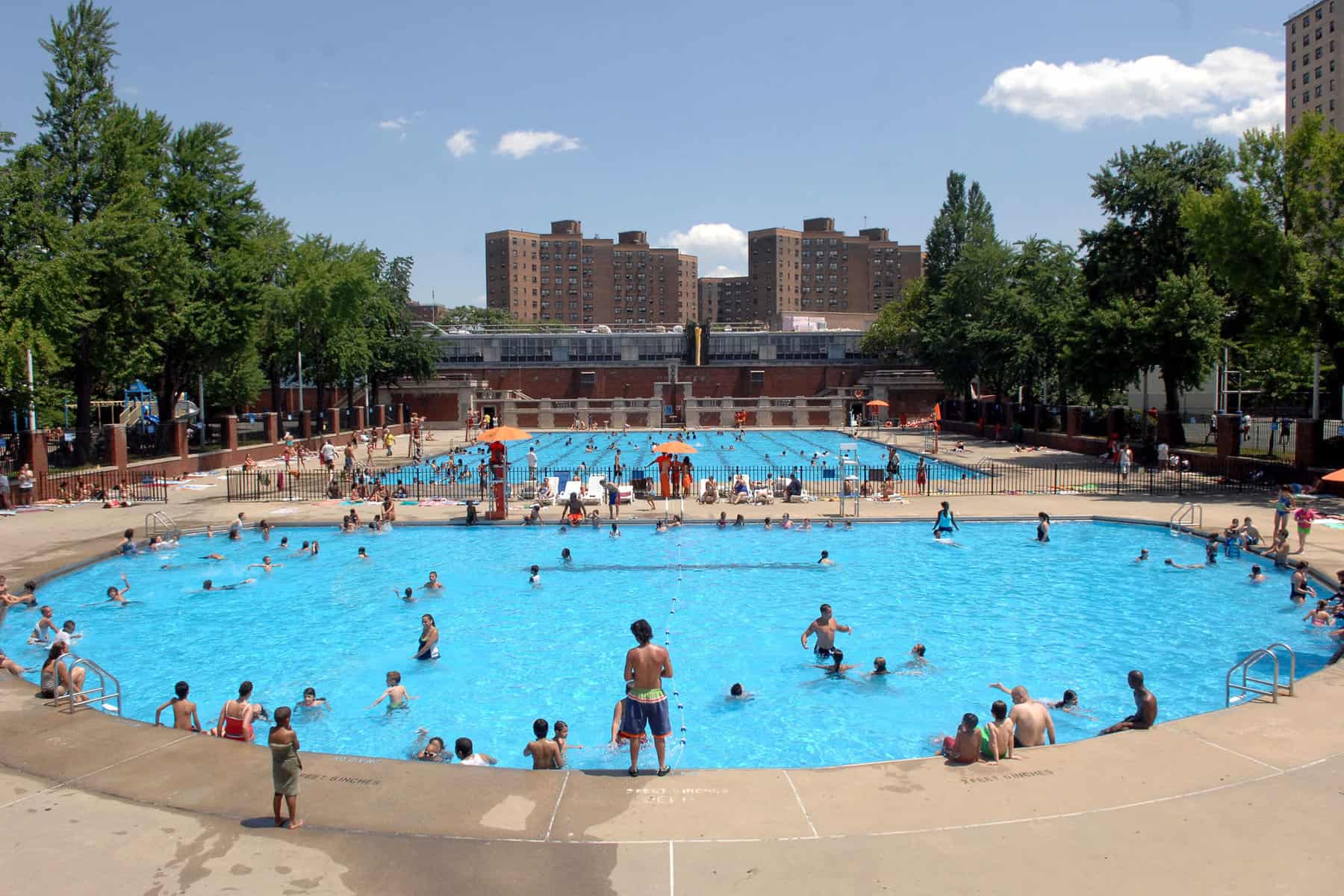Splashing Safely: A Parent’s Guide to Public Swim Pools

Welcome to our joyfully informative guide, Splashing Safely: A Parent’s Guide to Public Swim Pools! As parents, we all yearn for our little ones to have fun while staying safe, especially when it comes to water activities. Public pools are splendid places for family fun, exercise, and even relaxation. Let’s make a splash into the essentials of public pool etiquette, safety, and enjoyment!
Why Choose Public Swim Pools?
Public swim pools are a fantastic way to introduce your children to the wonders of swimming. They’re usually well-maintained, have certified lifeguards on duty, and provide a vibrant community setting perfect for kids to socialize and stay active. Plus, public pools often offer affordable swim lessons and diverse aquatic programs for all ages.
Preparation is Key!
Before you head to the pool, it’s important to plan. Ensure you pack the swim essentials:
- Swimwear that is comfortable and appropriate
- A reusable water bottle to stay hydrated
- Waterproof sunscreen to protect from UV rays
- Towels for drying off after a fun day
- Swimming aids like floaties (for beginners) and goggles
- A change of clothes for when it’s time to head home
And don’t forget! Teach your children about the importance of hydration and sun protection. Applying sunscreen 30 minutes before sun exposure and reapplying after swimming is crucial.
Getting to Know Pool Rules and Etiquette
Familiarizing yourself and your little ones with the pool rules and etiquette ensures a safe and enjoyable time for everyone. Here are a few to keep in mind:
- Supervision: Always keep an eye on your children, even if lifeguards are present.
- Follow the rules: Each pool has its own set of regulations. These may include no running, no diving in shallow areas, and following proper hygiene by showering before entering the pool.
- Food and beverages: Most pools prohibit food and glass containers within the pool area to prevent accidents and maintain cleanliness.
Swimming Lessons and Why They’re Important
Swimming is not only a fun activity but a vital life skill. Enrolling your kids in swimming lessons can be one of the most beneficial decisions you’ll make. Certified instructors teach important safety skills, proper techniques, and how to be confident in and around water. Plus, it’s a great way for your children to make new friends and build strength!
Ensuring Safety Around the Pool
Safety is paramount whenever water is involved. Aside from constant supervision, here are some tips to keep your family safe:
- Discuss the importance of walking, not running, around the pool to prevent slips and falls.
- Instruct your children to avoid rough play in the water.
- Use appropriate floatation devices for beginner swimmers – but remember, these are not substitutes for your watchful eye.
- Make sure your children take frequent breaks to rest and rehydrate.
As you splash into this guide with us, remember that the public pool is a treasure trove of fun and growth opportunities for your family. By being well-prepared and focusing on safety, you can create beautiful memories that will shine bright throughout the years! Stay tuned as we dive deeper into the joys of public swimming pools. And remember, the goal is always a fantastic, splash-tastic time for all!

Five Things Parents Should Know When Preparing for the Public Swim Pool
1. Health Check is a Must
Before making your trip down to the pool, it’s a smart move to ensure that everyone is in tip-top health condition. If your child has had a recent illness, particularly involving diarrhea or infections, it’s best to wait until they’re fully recovered. Not only does this keep your child from potential relapse, but it also protects other swimmers from potential contamination.
2. Swim Diapers for the Little Ones
If you have a toddler in tow, swim diapers are non-negotiable. They are specifically designed to prevent leaks in the water, ensuring that other swimmers are safe from possible leaks. Be sure to pack a few extras for any necessary changes and to bag the used ones securely to avoid any mess.
3. Bring Snacks and Hydration Equipment
Even though most public pools do not allow food and beverages near the water, it’s important to have some on hand for before and after swimming. Pack healthy snacks and plenty of water to ensure your kids fuel up and stay hydrated. Dehydration can sneak up quickly, especially on hot days with the sun beating down.
4. Preparation for First Aid
Accidents can happen anywhere, and it’s better to be prepared. Packing a little first-aid kit with band-aids, antiseptics wipes, and some ice packs can make a big difference if a minor injury occurs. It’s always a relief to have the means to handle a scrape or cut on the spot.
5. Educate Your Children about Pool Safety
Children love to play and often forget the rules when they’re having fun. It’s essential to have a conversation about pool safety and remind them frequently. Make sure they understand the importance of not running, not pushing others into the water, and the idea of ‘no dunking’ or other unsafe water play.
Fun Factor: Balancing Enjoyment and Safety
While safety is a critical aspect of a trip to the public pool, it’s also about creating happy memories and enjoying the time together. Encourage your children to enjoy the water, meet new friends, and explore the fun aspects of swimming. Whether it’s splashing, playing games, or practicing swimming strokes, the public pool is a playground for learning, laughing, and creating joyous moments.
Remember, the perfect pool day starts with careful planning and ends with tired, yet exhilarated, smiling faces. So, load up your swim bag, slather on that sunscreen, and get ready for a delightful day at the public pool. Armed with knowledge and preparation, you’re all set to take the plunge into a safe and fun-filled aquatic adventure!
Happy splashing, dear parents, and may your public pool ventures be brimming with waves of laughter and cherished family moments!
For more great fun click here. For more information see here
Disclaimer
The articles available via our website provide general information only and we strongly urge readers to exercise caution and conduct their own thorough research and fact-checking. The information presented should not be taken as absolute truth, and, to the maximum extent permitted by law, we will not be held liable for any inaccuracies or errors in the content. It is essential for individuals to independently verify and validate the information before making any decisions or taking any actions based on the articles.




